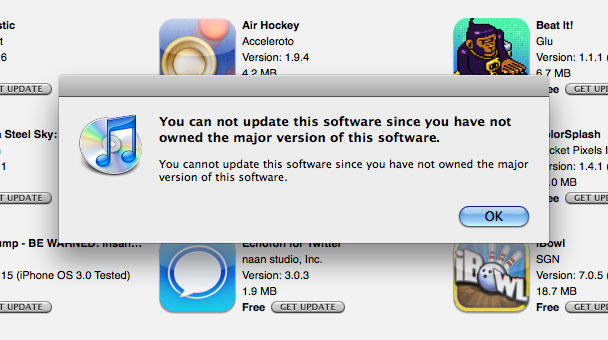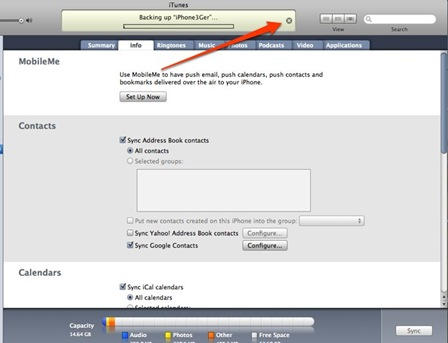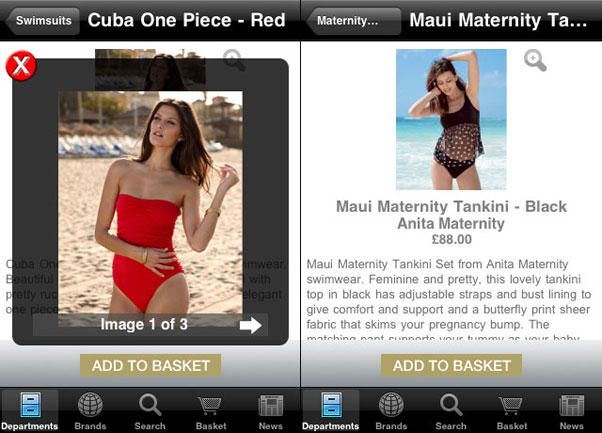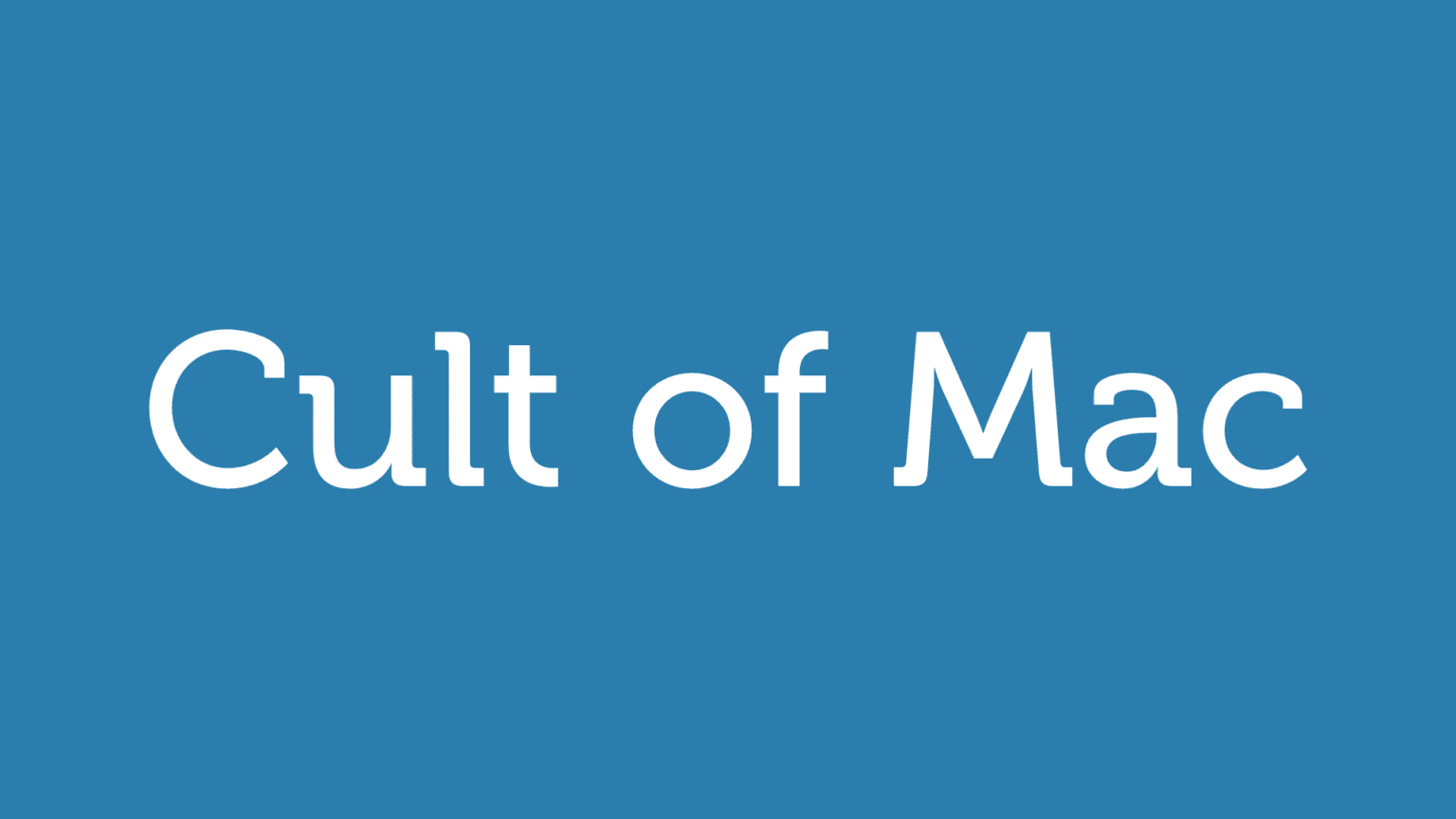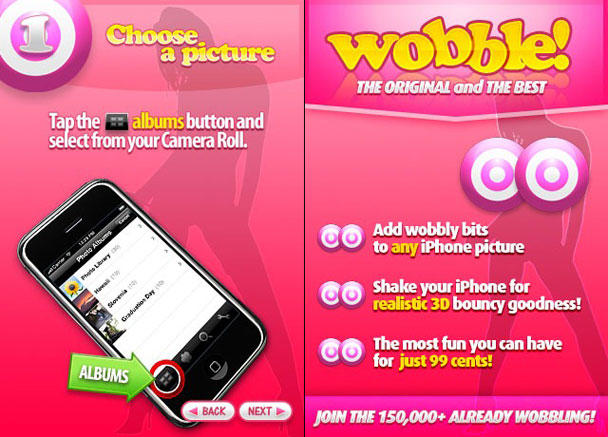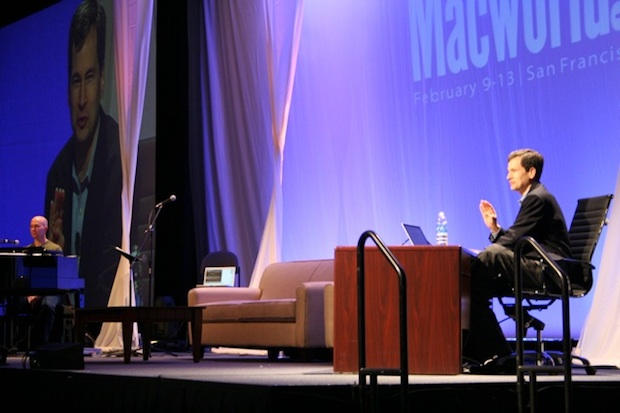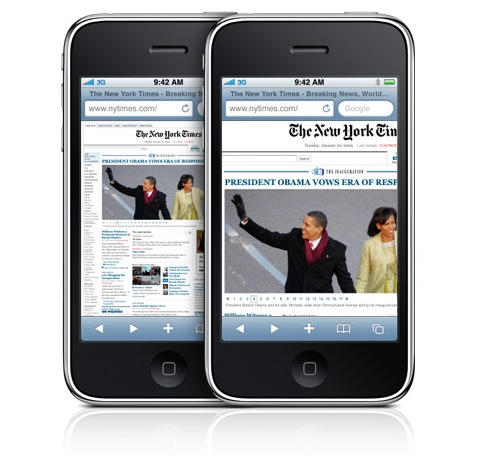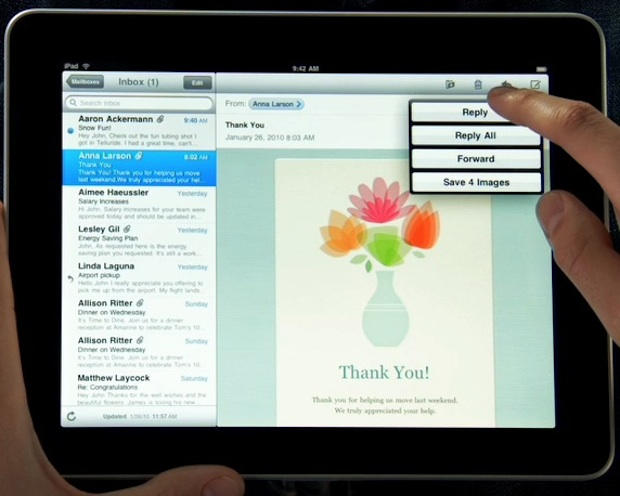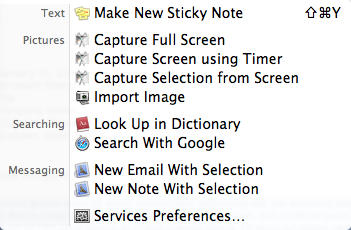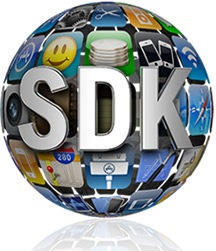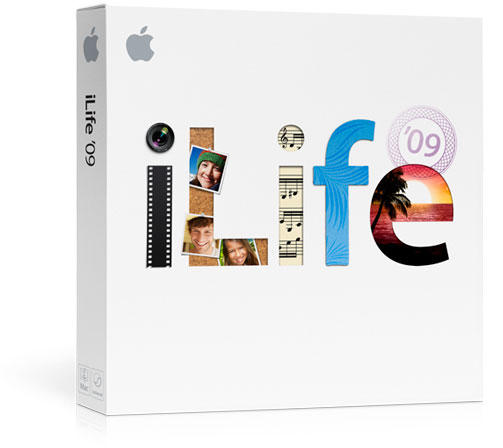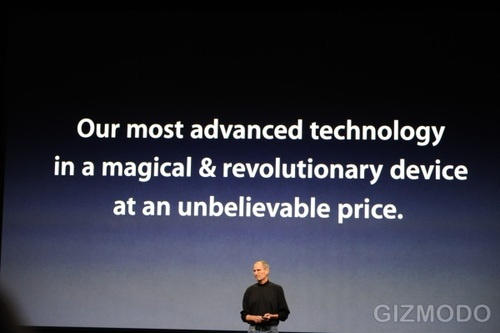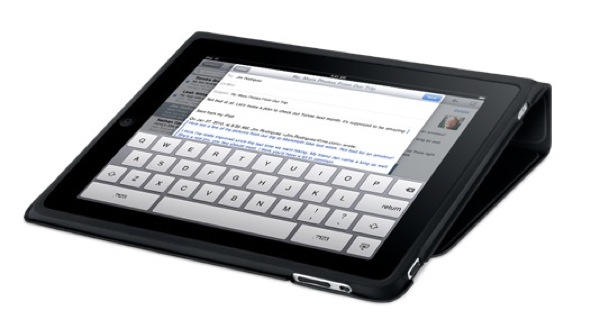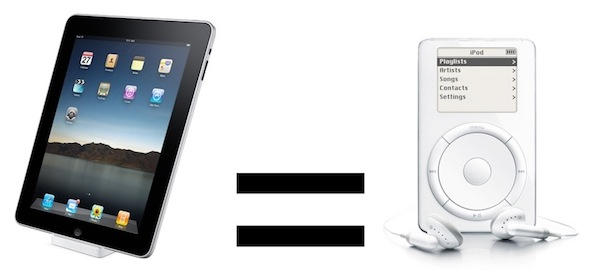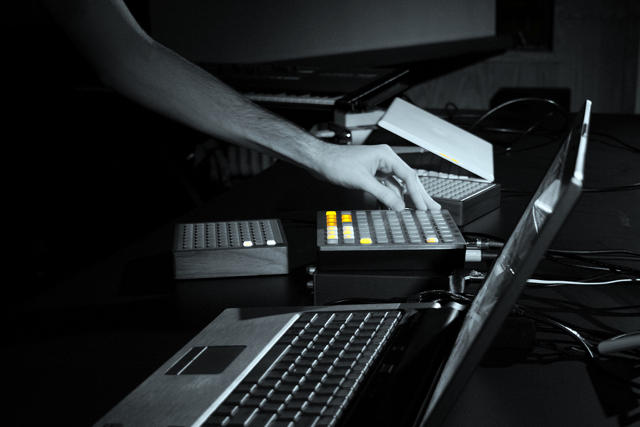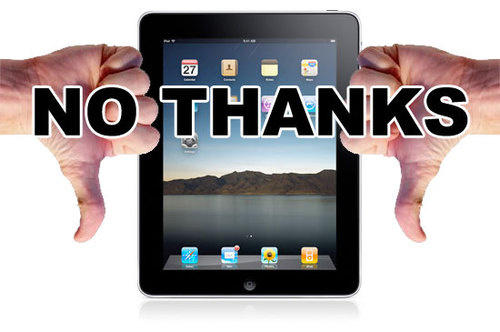Nicole reported on Friday that sexy apps have been pulled from the App Store, and I followed up over the weekend with Apple Censorship Reaches New Level of Stupid: Daisy Mae Pulled (FNAR!), a story about Robotron-style shooter Daisy Mae being removed because—horrors!—it has shocking content such as innuendo and a women in a pair of short shorts.
According to the developer of Wobble (which Apple seemingly considers an utterly filthy, disgusting and horrible app that enables you to add wobbly bits to any iPhone picture, which therefore has the potential to bring down civilisation as we know it, and not—as you might have thought—a little bit of harmless fun), prudes the world over will be delighted by the finer details of Apple’s stance.
After speaking with Apple, Wobble’s creator reveals that he spoke to Apple and was told what is now banned:
1. No images of women in bikinis (Ice skating tights are not OK either)
2. No images of men in bikinis! (I didn’t ask about Ice Skating tights for men)
3. No skin (he seriously said this) (I asked if a Burqa was OK, and the Apple guy got angry)
4. No silhouettes that indicate that Wobble can be used for wobbling boobs (yes – I am serious, we have to remove the silhouette in [the Wobble pics shown above])
5. No sexual connotations or innuendo: boobs, babes, booty, sex – all banned
6. Nothing that can be sexually arousing!! (I doubt many people could get aroused with the pic above but those puritanical guys at Apple must get off on pretty mundane things to find Wobble “overtly sexual!)
7. No apps will be approved that in any way imply sexual content (not sure how Playboy is still in the store, but …)
This explains why Daisy Mae got the boot—even if you ignore the ‘bikini’ rules, it would have breached rules 5 and 7. In other words, even innuendo is too strong for Apple when it comes to sex. We’d best set fire to Duke Nukem, GTA, The Sims, and a whole bunch of other games, then, including Vancouver 2010.
What this doesn’t explain is how Playboy’s so far escaped the ban, nor why Apple’s doing this in the first place. The App Store has a ratings system in place. Sure, it’s somewhat broken, but it’s at least there. There’s no reason why Apple can’t just enforce a 17+ rule for apps of this type and get on with things as usual.
What seems more likely is that Apple is using the claim that many people (who, frankly, need to get a life) have complained about ‘sexy’ apps (which, presumably, includes ones that aren’t actually sexy in the sense that normal people would use the word) to create a ‘safe’ (read: sanitised) environment for advertisers and education. In the former space, it’s clear advertisers—particularly in the USA—are often against being aligned with sexual content, no matter how mild. In education, there have already been cases where schools have ditched plans to provide students with Apple handhelds, due to them enabling access to smut. That said, with parental controls in every device and App Store ratings, Apple’s current decision seems absurd in the extreme, not least because the app that provides the fastest access to sex, sexual content, bikinis, innuendo, anything arousing, and implications of sexual content is Apple’s own Safari.

